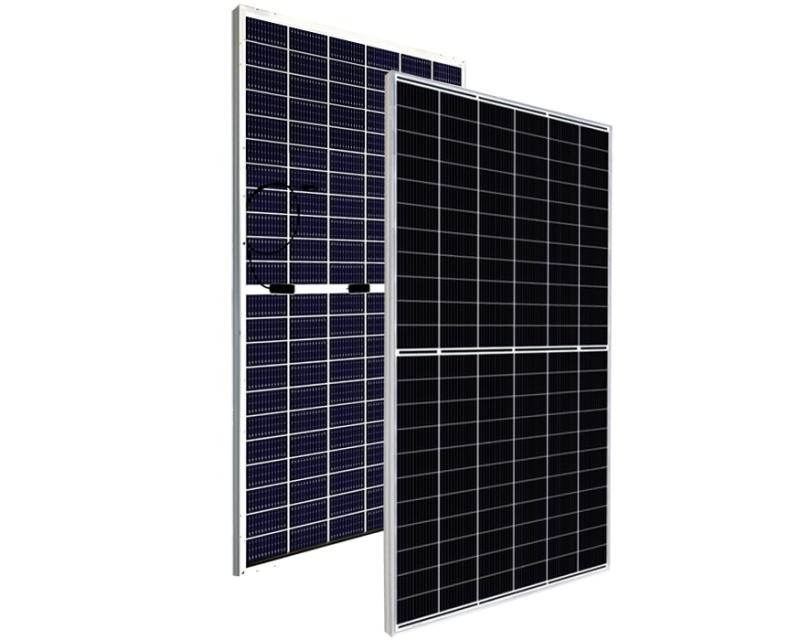
Higher trade barriers and regulatory uncertainty from the U.S. caused Canadian Solar Inc. (CSIQ-Q) to miss revenue guidance for Q2, even as it beat its gross margin expectation.
The Kitchener-based manufacturer, developer, owner and operator in the solar energy and energy storage space reported revenue of $1.69 billion (all figures US) in Q2, hurt by delays to energy storage shipments and project sales. Revenue rose four per cent year-over-year.
In an earnings call held Aug. 21, the company’s CEO and chairman Shawn Qu blamed the delay of energy storage shipments on heightened U.S. tariffs.
Net income attributable to Canadian Solar was approximately $7.2 million, with a net loss of $0.08 per diluted share.
Gross profit in the quarter ended at $505 million, compared to $140 million in Q1 and $282 million in Q2 2024. Gross margin in Q2 was 29.8 per cent, exceeding the guidance of 23 to 25 per cent; Canadian Solar attributes this to a higher mix of North America module shipments.
Canadian Solar’s shares fell from $12.75 to $10.68 as of Aug. 22. Analysts noted the company disappointed on revenue and Qu projected Q3 margins to moderate due to “difficult market conditions.” The company lowered its full-year module volume guidance but maintained its energy storage volume guidance.
Solar industry trumped by politics
An additional pressure likely stems from U.S. President Donald Trump. He issued a blistering statement the day before Canadian Solar’s earnings call, saying his administration would not approve solar and wind projects.
Shares in renewable energy companies both U.S. and international declined following the announcement, affecting Canadian Solar as well.
The Trump administration has put pressure on the renewables industry, tightening the eligibility of companies to tap into tax credits for solar project development with a July budget bill it championed, and phasing them out sooner than expected.
Citing an analysis from Wood Mackenzie, Canadian Solar says up to 23 gigawatts of operating module capacity could be impacted by the One Big Beautiful Bill.
“On the supply side, solar and storage domestic onshoring is challenged by increasingly stringent (Foreign Entity of Concern) requirements and higher import duties on both equipment and components,” Qu said of the budget bill.
Then there are the increased tariffs. Canadian Solar manufactures its solar modules and energy storage products in Asia and the Americas. Recognizing the demand for domestic production, the company highlighted "notable contributions from our Texas module factory, which has made strong progress in ramping up."
Despite the strains, Qu said the long-term outlook of the solar industry is positive. Energy-intensive applications such as artificial intelligence and cryptocurrency are pushing electricity demand, and solar with energy storage is “among the most cost-competitive solutions to meet this demand,” he explained.
Canadian Solar’s outlook
In the next quarter, Canadian Solar forecasts revenue from $1.3 billion to $1.5 billion. Gross margin is expected to be between 14 and 16 per cent.
For the full year, revenue is anticipated to be in the range of $5.6 billion to $6.3 billion. The full-year expectation has been adjusted to “reflect certain project sales shifting into 2026 and a more measured view on module pricing,” Qu said.
As of June 30, 2025, the company’s solar project development pipeline totalled 27.3 gigawatt-peak, and 80.2 gigawatt-hours of battery energy storage projects.
Qu expects the second half of 2025 will remain challenging due to increasing prices in the solar energy supply chain and ongoing trade uncertainties.










